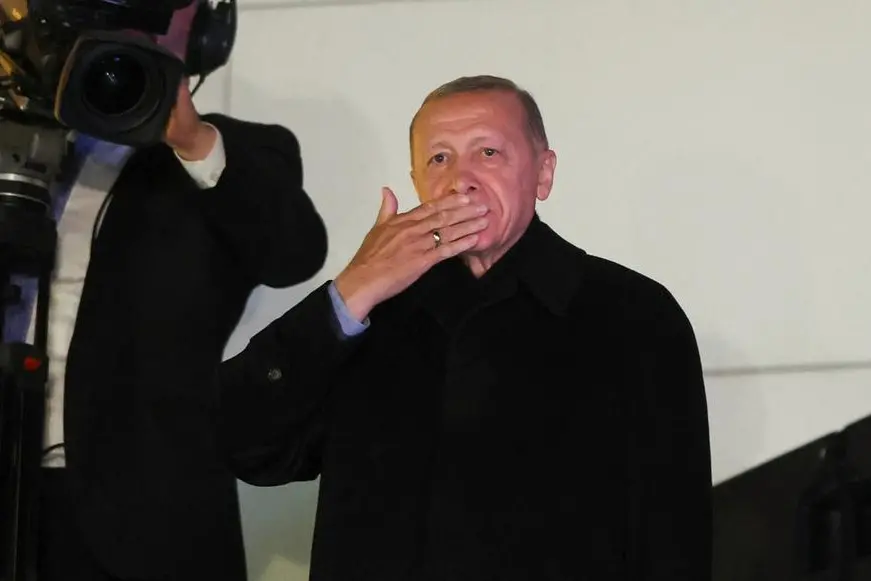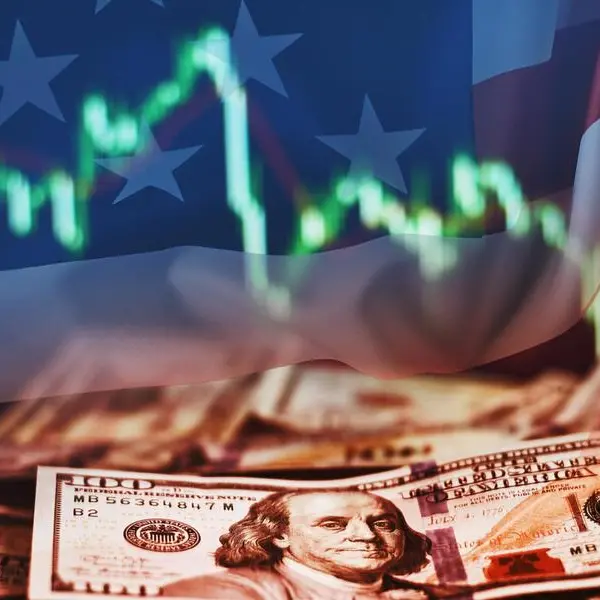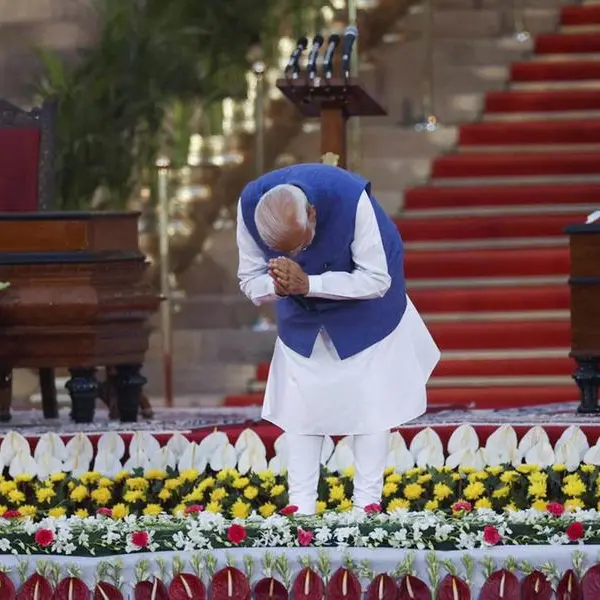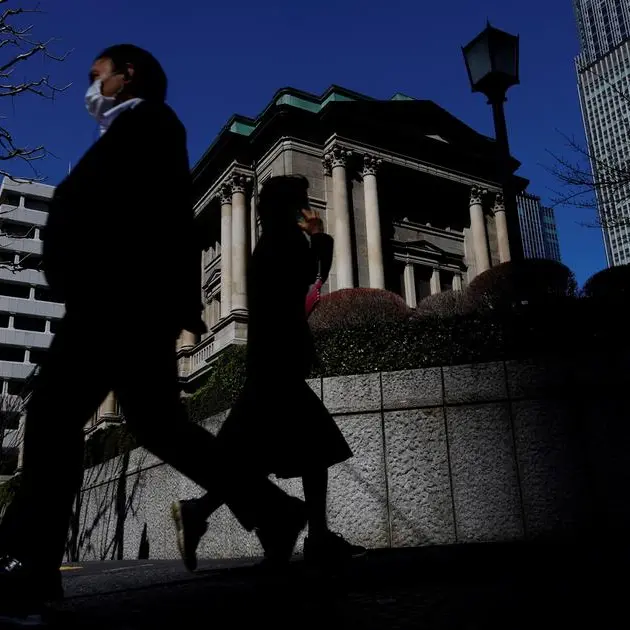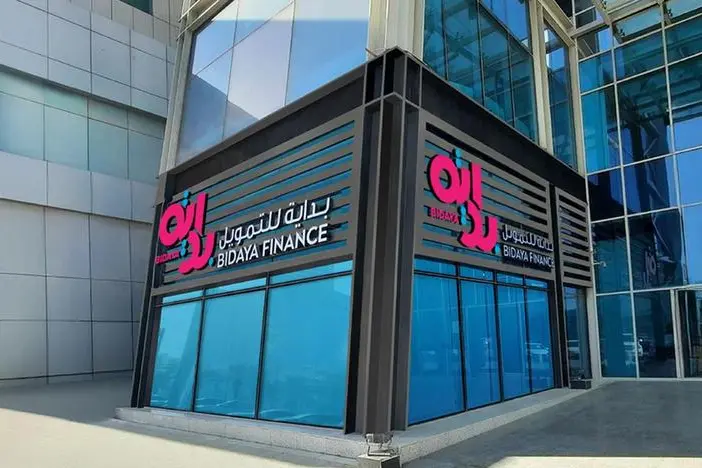PHOTO
LONDON - Hopes among investors of a surge in Turkish markets evaporated on Monday after long-standing President Tayyip Erdogan took a commanding position in Turkey's elections.
The combative 69-year-old performed better than expected in Sunday's first round vote, securing a comfortable lead for the second round on May 28 and dousing talk of an end to years of high inflation and repeated currency crises under Erdogan.
"Hope is dead," Abrdn's head of emerging market local currency debt Kieran Curtis said of the prospects for Erdogan's main challenger Kemal Kilicdaroglu and meaningful policy change.
The outperformance of another candidate, the nationalist Sinan Ogan whose voters are likely to switch to Erdogan in the head-to-head runoff, should seal the result, he said, adding: "It means Erdogan is coming back".
"So we are back to where we were and it means FX reserves will continue to drain until we have a set of sensible economic policies," Curtis said.
Others, however, saw a silver lining in that a disputed result and potential civil unrest were now unlikely, although the main question remained what now lies ahead in terms of economic policies that have become increasingly unconventional.
Monday's initial market reaction had seen the Turkish lira dip to 2-month low alongside more pronounced drops in banking shares and hard currency government bonds.
The lira is now tightly managed, analysts say, having lost almost 95% of its value against the dollar over the last 15 years, while international money managers have been selling out of lira-dominated bonds and slashed equity holdings.
"The next five years will likely be quite difficult for Turkey," Omotunde Lawal, head of emerging markets corporate debt at Barings said, pointing to divisions within society and the risk of more volatility for the lira.
"There is a risk that the government resorts to measures like restricting FX transactions for individuals or corporates as they try to control the exchange rate," she added, saying that would make life increasingly difficult for firms.
BANKS
Analysts at JPMorgan said that assuming Erdogan secures victory, Turkey's fiscal policy would remain expansionary as he makes good on his campaign spending promises to boost incomes and rebuild the country after February's earthquake.
In the run-up the bank had forecast that the lira could fall as far at 30 to the dollar without a clear shift back towards orthodox policy, but its analysts pointed out that 'FX forwards' markets had pivoted sharply on Monday.
With inflation still running above 40%, Turkey's interest rates had been expected to be jacked up to 30%-40% or even 50% from their current 8.5% level had the opposition-bloc won. But that was now seen as off the table.
"A continuity of policies would argue for low FX volatility," JPMorgan added, as Erdogan's economic team would look to limit the changes and FX volatility.
Although the summer holiday period often eases pressure on the lira when tourists bring in their euros, dollars and pounds Rob Drijkoningen, co-head of emerging markets debt at Neuberger Berman said the question was what happens in the longer term.
If Turks began withdrawing money, especially dollar denominated savings, out the banks again that could jeopardise the government's ability to repay debt, although that would represent an extreme loss of control.
While Turkey has been seeing its borrowing rise, it still has a relatively low level of debt as a proportion of Gross Domestic Product although that would change quickly if a full-blown crisis takes hold.
"We have been watching this movie for a couple of years now," said Drijkoningen, "That is the reality - no one has a good sense of what would trigger a true crisis."
(Additional reporting by Libby George and Karin Strohecker; Editing by Alexander Smith)
